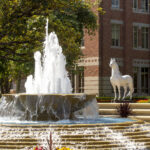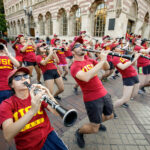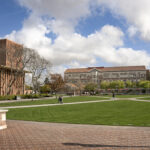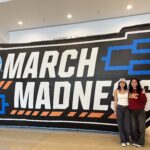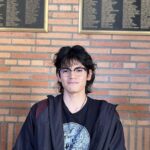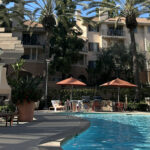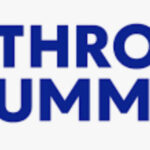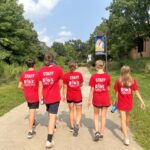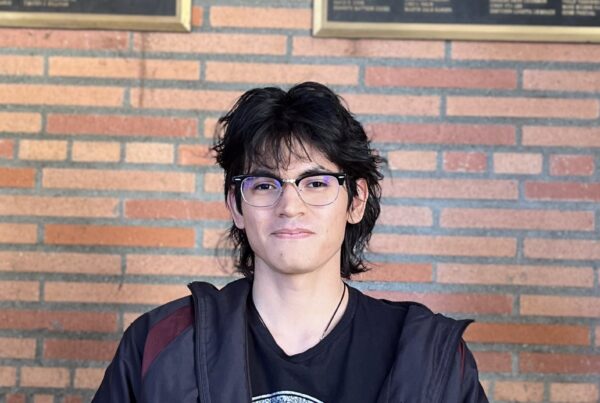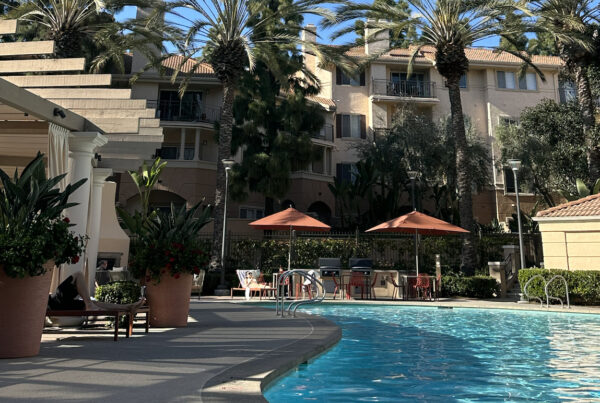This is a guest blog entry written by Emily London. If you want to read more stories, visit viterbiadmission.usc.edu/latinxlives.
My name is Emily and I’m a junior majoring in Electrical & Computer Engineering with a minor in Cultural Diplomacy. On-campus, I’m a member of USC Makers, a Viterbi Student Ambassador, a course producer for EE109, and a research assistant at the Interaction Lab. My heritage is half Salvadorian and half white, and I’m from Virginia, but I moved around for most of my childhood. I lived in countries like Saudi Arabia and Kazakhstan, as well as moving around within the states. To be honest, the only real exposure I got to Salvadoran culture was through my family. My high school was predominantly white, and there wasn’t a lot of Latinx culture in the other countries I lived in.
As a mixed-race person, especially one who bounced around different cultures, I didn’t quite know what to make of my Latinx identity. I don’t speak Spanish, I’m well on the side of white-passing, and I never was around any other Hispanic people in school. Viterbi has a program called the Viterbi Summer Institute (VSI), a month-long summer program for underrepresented minorities (URM) that introduces life at Viterbi and research. When I first got the email invitation, I immediately cast it aside because I didn’t feel like I would belong, but I ended up signing up for it anyway. When I got there, I found that it was just the opposite. VSI was one of the most valuable experiences I’ve had at USC, and I met some of my favorite people at USC through it. I immediately felt a sense of community that I honestly hadn’t for a while. My roommate Julia was half white half Latina as well, and it was so nice to have someone outside of my family to talk about that experience with. She felt the same kind of identity questions that I did, and we talked about what it meant to be Hispanic and white and acknowledged the very real privilege that we do have as more white-passing Latinx people.
”My mom is an incredible inspiration for me. She immigrated to America when she was seven, learned English, got a scholarship to go to college, and is now an accomplished foreign service officer. My story would be incomplete without mentioning hers.
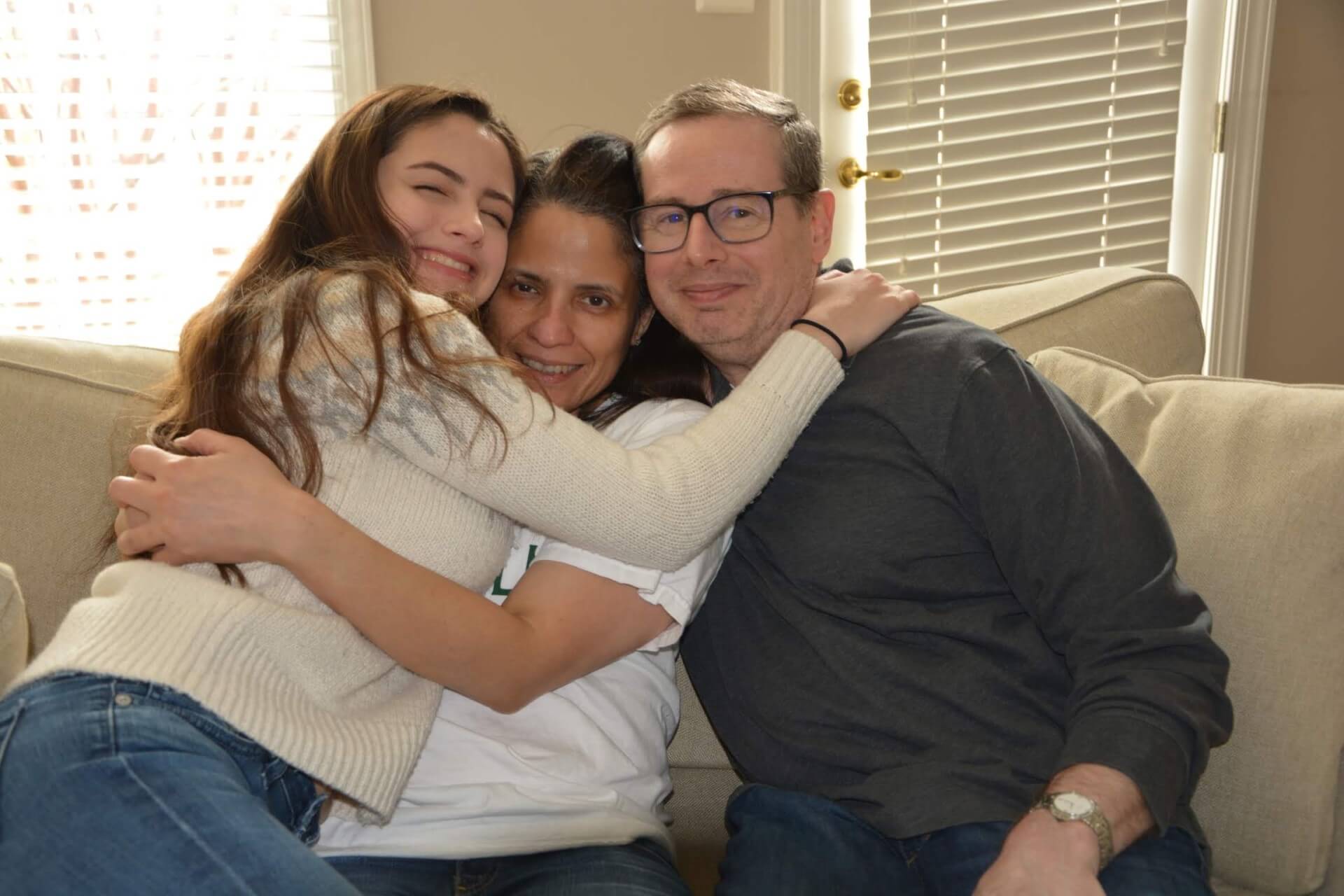
Once I got to school, I felt that VSI prepared me in a way that I would not have been had I not gone. It was shocking to have classes with people who already knew the course material, had done research, or had been coding since they were young. In my engineering freshman academy class, the professor asked us why we chose engineering. Everyone else in my group of five said it was because their parent or sibling was an engineer, which was pretty jarring. The community I found through VSI helped offset those concerns and made me realize that there was nothing wrong with coming from a non-engineering background. My friends from VSI were all talented, brilliant, wonderful people, and we were all made to feel like we belonged and were guided to optimize our opportunities. I joined a design team, Makers, that helped me develop more technical skills. In my second semester, I got involved in research at USC, and my research advisor Matt was also similarly helpful.
Eventually, I signed up for a few hackathons at USC for fun with encouragement from my peers. I ended up winning a Google sponsor award at HackSC and winning overall at AthenaHacks a little later, which goes to show how much you can learn in the span of a little over a semester. Even at the hackathons, I was constantly supported and encouraged by the people around me. My mentors and peers always made me feel like I could create any project so long as I put my mind to it, and that’s something that I’ve deeply appreciated about USC.
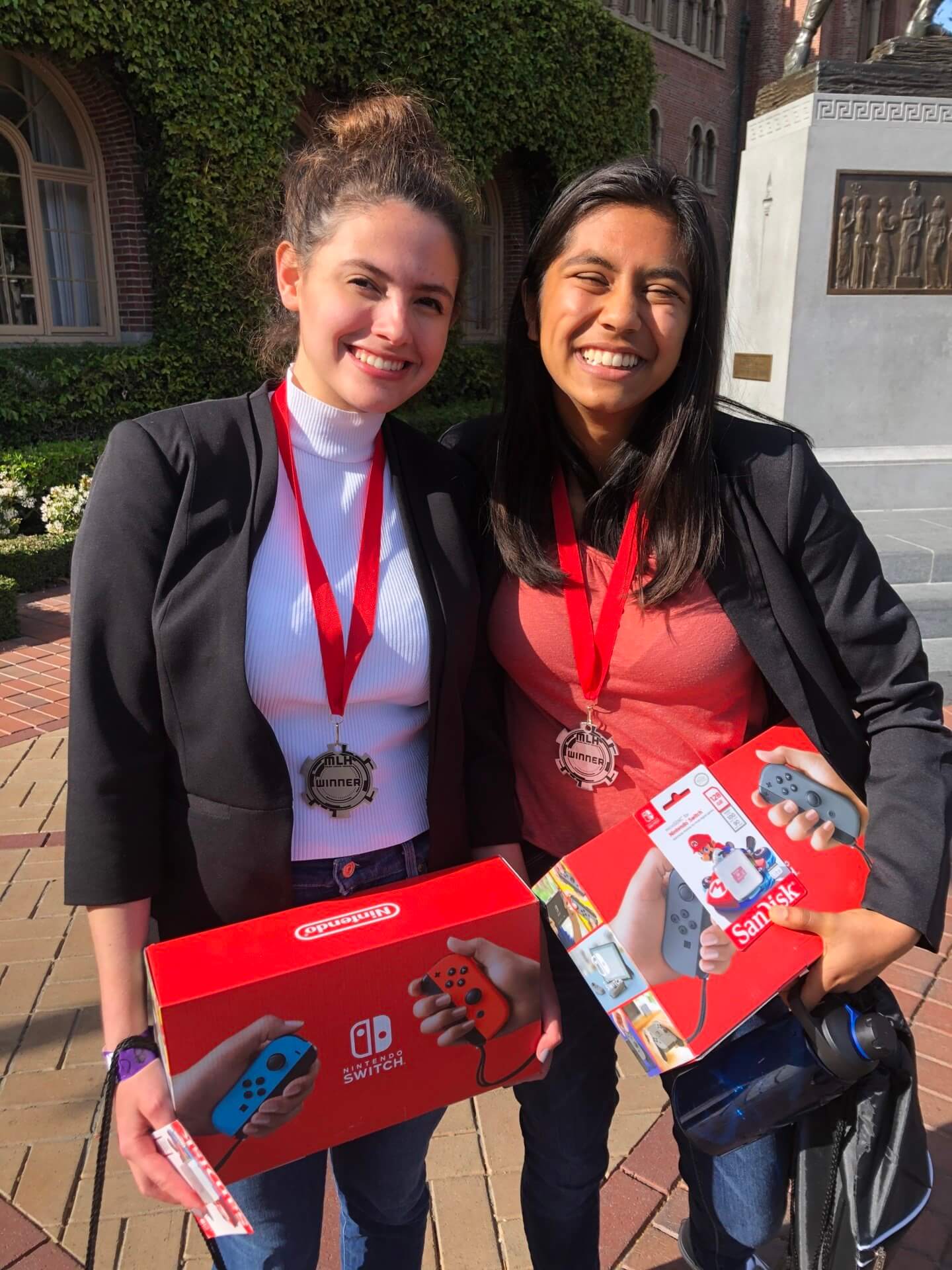
Through AthenaHacks, I got my first cybersecurity internship at Raytheon Technologies for the summer 2020 and I learned many valuable professional skills there. The one thing that I would emphasize in my journey, both as a Latinx engineer and as a student in general, is mentorship. My mentors have inspired me with their own accomplishments and helped guide me to maximize the benefits of USC’s opportunities. My RAs from VSI, Paul and Helen, were incredible mentors to me, and they have always made me feel welcome and valued, all while imparting amazing advice throughout the way. I could not imagine finding any of the success I have without the support of the people around me, whether it be from the community I found at USC or the support of my family. My mom is an incredible inspiration for me. She immigrated to America when she was seven, learned English, got a scholarship to go to college, and is now an accomplished foreign service officer. My story would be incomplete without mentioning hers.


